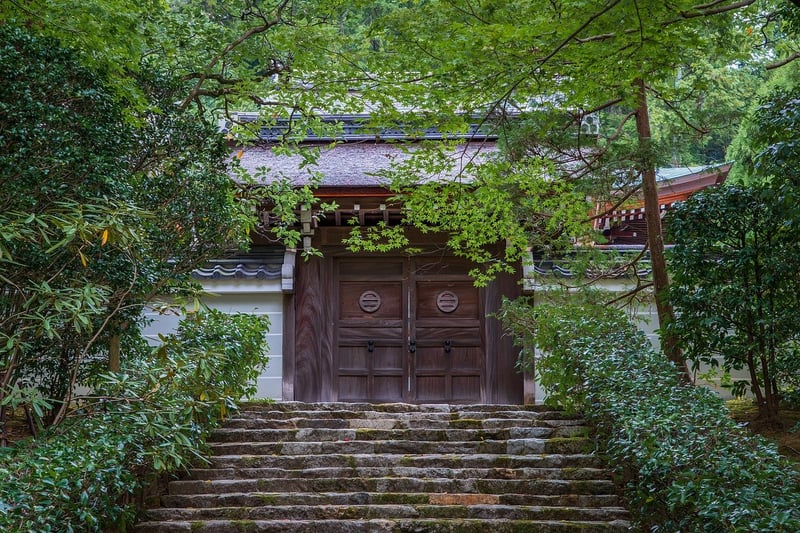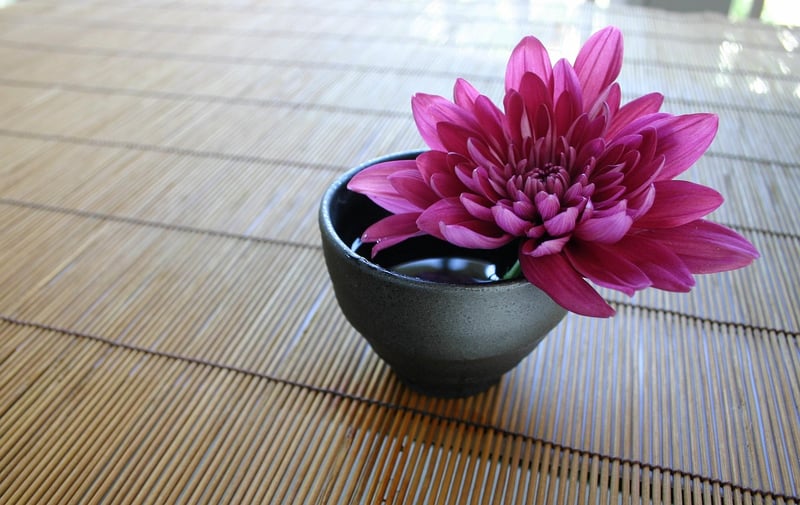Japanese Zen
Celebrating Diverse Cultures: Exploring Japanese Zen
Japan, a country known for its rich cultural heritage and profound spiritual practices, offers a glimpse into the world of Zen—a philosophy and way of life that emphasizes simplicity, mindfulness, and inner peace. Let's delve into the essence of Japanese Zen and discover its profound impact on individuals worldwide.
Understanding Japanese Zen
Zen, derived from the Sanskrit word "dhyana," meaning meditation, is a school of Buddhism that emphasizes experiential wisdom and the practice of meditation to achieve enlightenment. Japanese Zen, influenced by Chinese Chan Buddhism, is characterized by its minimalist aesthetics, contemplative practices, and the integration of Zen principles into various aspects of daily life.
The Art of Zen Gardens
One of the most iconic representations of Japanese Zen is the Zen garden, known as "karesansui" or dry landscape garden. These meticulously arranged gardens feature raked gravel or sand symbolizing water, with carefully placed rocks and minimalist vegetation. Zen gardens serve as meditative spaces that encourage contemplation and mindfulness.

Tea Ceremony: Harmony and Tranquility
The Japanese tea ceremony, known as "chanoyu" or "sado," embodies the principles of harmony, respect, purity, and tranquility. Rooted in Zen philosophy, this ritualistic practice involves the preparation and serving of matcha tea with meticulous attention to detail. The tea ceremony is a symbol of hospitality, mindfulness, and connection.
Calligraphy: The Art of Presence
Japanese calligraphy, or "shodo," is an expressive art form that embodies the Zen principles of simplicity, spontaneity, and presence. Practiced with a brush and ink, calligraphy emphasizes the beauty of each brushstroke and the importance of being fully present in the moment. Calligraphy is not just about writing characters but also about cultivating inner stillness and focus.

Conclusion
Japanese Zen encompasses a profound way of living that celebrates simplicity, mindfulness, and the beauty of the present moment. Through practices like Zen gardens, tea ceremonies, and calligraphy, individuals can cultivate inner peace, clarity, and a deeper connection to the world around them. Embrace the essence of Japanese Zen and embark on a journey of self-discovery and spiritual awakening.
Experience the transformative power of Japanese Zen and unlock a path to inner harmony and enlightenment.
